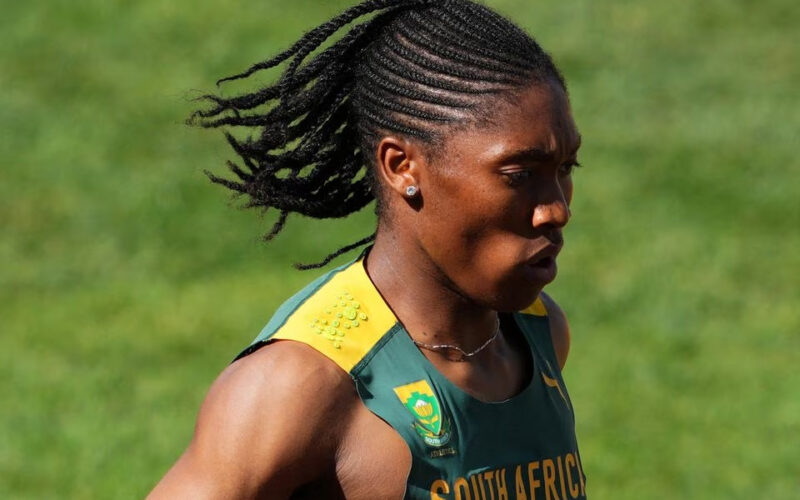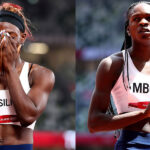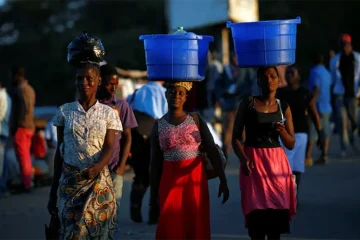THE European Court of Human Rights (ECHR) announced that the case involving double 800 metres Olympic champion Caster Semenya will be heard by its Grand Chamber for a final ruling following a referral request from the Swiss government.
Semenya, 32, wants to hold the sport’s governing World Athletics body to account for what she terms discrimination against athletes with hyperandrogenism, a condition characterised by higher than usual levels of testosterone, a hormone that increases muscle mass and strength.
She is attempting to overturn requirements that female athletes with differences in sexual development (DSDs) medically reduce their testosterone levels.
Following an unsuccessful appeal to the Court of Arbitration for Sport (CAS) in 2019 and a Swiss Federal Court in 2020, the ECHR ruled in favour of Semenya in July this year by a majority of four to three, saying her appeal to the latter had not been properly heard.
It was not a judgement against the World Athletics regulations.
The Swiss referral will now be heard by the full 17-member ECHR Grand Chamber.
Semenya told Reuters last month that her competitive running days are likely over but she remained committed to the legal battle against World Athletics.
“It is no longer about me fighting to compete, it is about fighting for what is right,” she said.
“Fighting for the upcoming generation, because there are a lot of kids that are affected by the same ruling. This battle will not finish now. We will fight until the end.”
The sport’s governing body maintains its regulations are the only way to ensure a level playing field in the women’s category.
“World Athletics has only ever been interested in protecting the female category. If we don’t, then women and young girls will not choose sport,” a spokesperson told Reuters.
“That is, and has always been, the federation’s sole motivation (for the regulations).”













